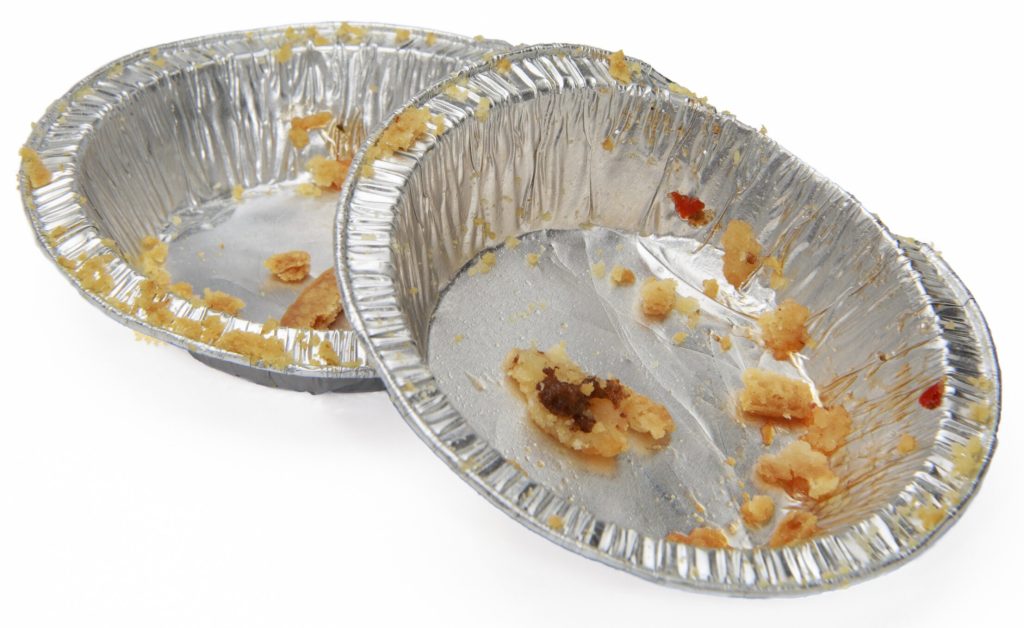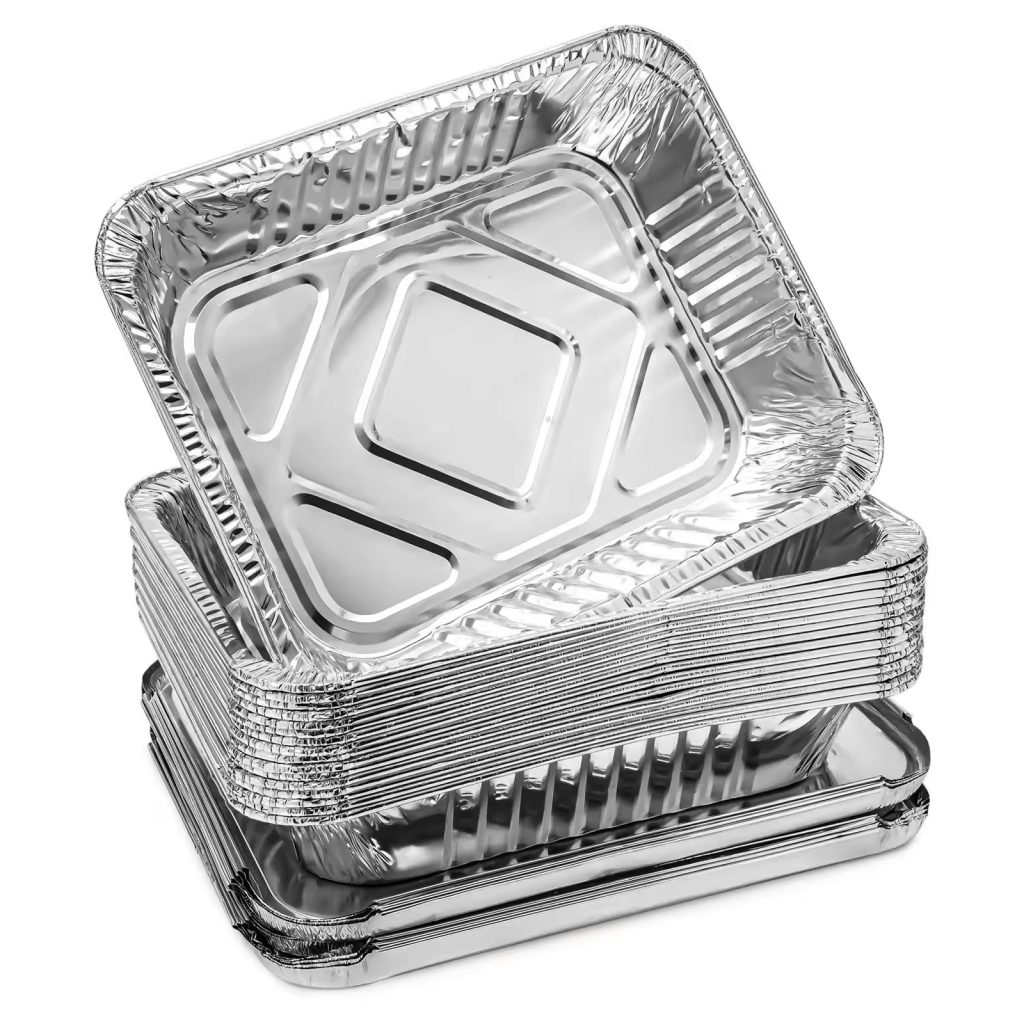Aluminum foil containers are widely used for food packaging due to their lightweight, heat resistance, and malleability. While these containers are incredibly practical, many people have questions about how to effectively reuse them. This article delves into the feasibility of reusing aluminum foil containers, specific uses, and important considerations, helping you make the most of these items.
Durability and Environmental Benefits of Aluminum Foil
Aluminum foil is known for its excellent heat resistance and corrosion resistance, making aluminum foil containers ideal for various culinary purposes. For example, they can be used to store leftovers, freeze food, and reheat meals. Not only are aluminum foil containers convenient, but they are also an environmentally friendly choice. While many people discard these containers after single use, aluminum is recyclable, and proper recycling can significantly reduce environmental impact.

Importance of Cleaning and Sanitizing
The first step to reusing aluminum foil containers is to ensure they are thoroughly cleaned and sanitized. After use, wash the containers with warm water and detergent to remove all grease and food residues. Following cleaning, you can soak them in boiling water or use steam sanitation to minimize the risk of bacterial growth. Make sure the containers are completely dry before storage to prevent mold and odors. Regularly inspect stored containers for signs of deformation or oxidation to maintain their ideal condition.
Situations Suitable for Reuse
Aluminum foil containers can be reused in a variety of scenarios. Here are some common examples:
– Storing Leftovers: Clean aluminum foil containers can effectively store leftover meals, keeping food fresh and minimizing waste. You can store them in the refrigerator and reheat as needed.
– Picnics and Camping: Their lightweight nature makes aluminum foil containers perfect for outdoor activities. They can be used to hold food, snacks, and beverages, making them convenient and space-saving.
– Preparing Lunchboxes: Aluminum foil containers are great for packing lunch, allowing you to divide rice, meat, and vegetables for a balanced meal.
– Craft Projects: These containers can also serve as materials for craft projects, such as making DIY flower pots or small decorative items, allowing your creativity to shine.
Situations Not Suitable for Reuse
While aluminum foil containers have many benefits, there are circumstances under which they are not suitable for reuse:
– High-Fat or Acidic Foods: Foods that are high in fat or acid can corrode aluminum, compromising health and the integrity of the container.
– Long-Term Storage: Even if cleaned thoroughly, containers holding food for an extended period may become oxidized or lose quality. It is advisable not to store food in aluminum containers beyond recommended freshness times.

Proper Recycling of Aluminum Foil Containers
If you choose not to reuse aluminum foil containers, proper recycling is crucial:
– Cleaning: As mentioned earlier, rinse out the containers to remove food remnants.
– Flattening: Crush the cleaned containers before placing them in the recycling bin to save space and improve recycling efficiency. Flattened containers are better suited for processing during recycling.
– Check Local Policies: Recycling policies for aluminum may vary by region. Be sure to follow your local recycling guidelines to ensure your aluminum containers are disposed of correctly.
Broader Environmental Awareness
While using aluminum foil containers, it’s important to embrace a broader environmental mindset. Opting for reusable utensils, purchasing products with sustainable packaging, and minimizing single-use items can all contribute to environmental conservation. Small changes in our daily habits can lead to a more sustainable lifestyle.
Conclusión
Aluminum foil containers can be reused effectively in the right circumstances, helping to reduce waste and positively impact the environment. However, proper cleaning and safety precautions are essential before reuse. By managing these containers smartly and responsibly, you can make full use of their practicality while contributing to ecological sustainability. Let’s all engage in the practices of reusing and recycling, working together towards a greener planet!
